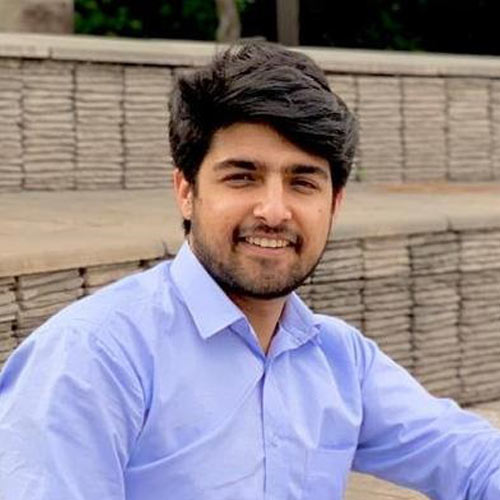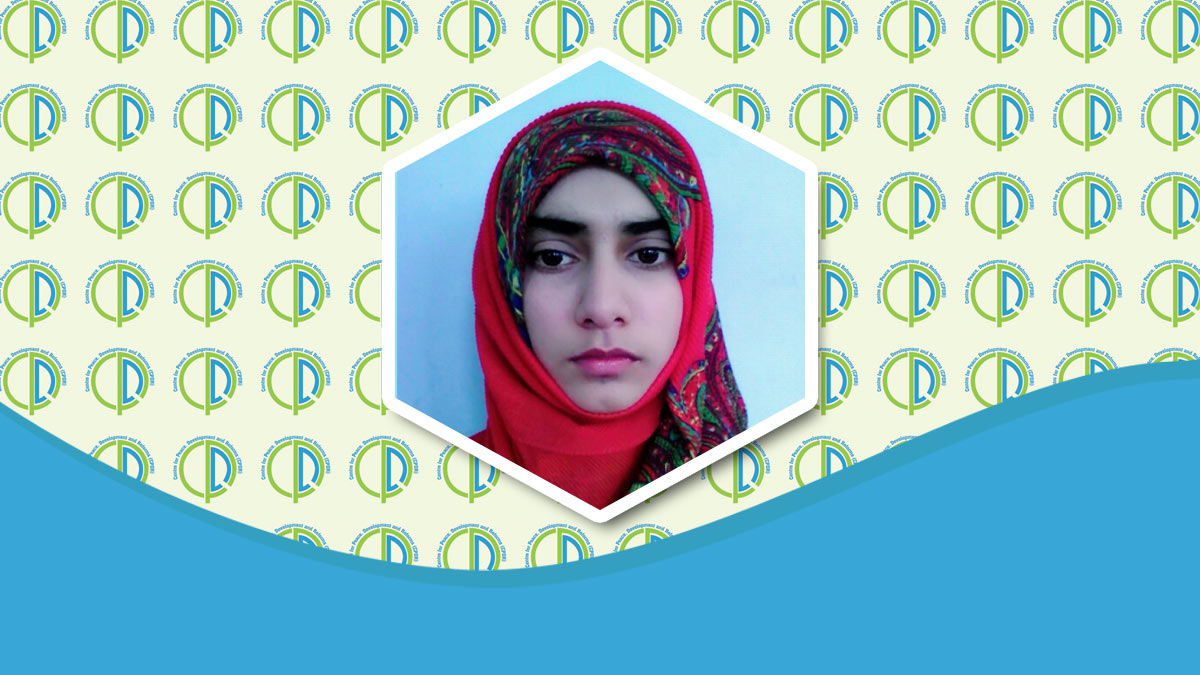- September 16, 2020
- @admin
- 0
- 16th September 2020
- Irtaza Muhammad
Internet has revolutionized our lives ever since its existence. One cannot imagine a normal life without access to it as almost all of our daily life activities are connected to it in one way or the other. A prominent Human rights group The Jammu-Kashmir Coalition of Civil Society (JKCCS), in its 120 pages report has termed the Internet Blackout in Kashmir imposed by the Indian Government a “Collective Punishment”.
JKCCS has highlighted the traumatic consequences of Internet siege in Kashmir after the abrogation of Article 370 by the Indian Government which stripped Kashmir of its statehood status. Internet Blockade was put in place to cut social and political ties between the Kashmiri people and to isolate them from the outside world in fear of an outrage by the public as response to this unjustified act.
Internet shutdown was not a new thing for the Kashmiri people as India leads the world in internet shutdowns and the people of Jammu Kashmir have suffered more than two-thirds of the Indian-ordered shutdowns. But this time after August 5, in the midst of Internet blackout while people were held incommunicado; political leaders, journalists, civil society activists and youth were massively detained along with strict restrictions on mobility.
“The multi-faceted and targeted denial of digital rights is a systemic form of discrimination, digital repression and collective punishment for the residents of region, particularly in light of India’s long history of political repression and atrocities,” the report, titled “Kashmir’s Internet Siege”, says.
The multi-faceted and targeted denial of digital rights is a systemic form of discrimination, digital repression and collective punishment for the region's residents.
JKCCS REPORTDue to information and communication blackout disruptions happened across all sectors causing severe economic and social crisis in the Kashmir Valley. Economic consequences were severe and losses suffered by various businesses during the first five months were estimated at Rs.178.78 billion, with more than five lac people losing their jobs.
The education sector suffered a major setback as all the educational institutions remained closed for one whole year. The loss suffered by students is huge and cannot be compensated. On August 5, 2020, thousands of students enrolled in education institutes marked the first anniversary of Internet siege as a full year without attending their educational institutes. Forced closure of education activities is a severe violation of the Right to Education pointed out in the international law in Article 26 of the Universal Declaration of Human Rights.
Restriction on communication and mobility severely hindered the judicial system in Kashmir after August 5, 2019. The Report says “Justice saw systemic delays further compounded by ineffective online hearings. Amidst the internet and telecommunications blackout, more than 6000 detentions and over 600 ‘administrative’ detentions took place around August 5th 2019. Of habeas corpus petitions filed for the release of illegal detainees during the period, 99% remain pending”.
Right of free speech and freedom to use media for expressing one’s thought were curbed by the non-availability of Internet services and continuous online surveillance exercised by the authorities. Police complaints were registered against a number of working journalists and social media activists. There was a blinding curtain and nobody was able to see what was happening behind it in Kashmir. Several international and local journalists had to travel to New Delhi in order to get internet access and show the ground situation in Kashmir to the world.
Thousands of people have moved out of Kashmir in search of a prosperous future and are currently residing in almost every corner of the world. Communication blackout and internet siege got them disconnected with their families back in the Kashmir valley. Non-resident Kashmiri’s usually used to visit Kashmir on holy occasions or for vacation but this time, after 5th August 2019; they were coming from abroad to find the whereabouts of their families.
| Zia Malik, a 35 year old Kashmiri who lives in Dubai arrived in Srinagar a couple of days after August 5 to check on his parents. Recalling the day he said, “ As soon as I left the airport, I could see a different Kashmir, Kashmir that looked fortified, with roads barbed with wires, a soldier standing after every 10 feet holding a gun as if trying to tell us that this land no more belonged to us”. |
People witnessed strict curfew for six months followed by another lockdown due to Covid-19 outbreak, making the situation even more terrible in the absence of Internet services. The whole world had eyes fixed on the World Health Organization regarding Covid-19 guidelines and SOP’s to be followed while on other end, the people of Kashmir were denied access to this vital information that resulted in rapid and uncontrollable spread of the virus in the valley.
Internet siege in Kashmir has led to severe crisis in almost every arena of life. Although the Internet siege was finally lifted after immense domestic and international pressure, yet the mobile data internet speed is still restricted to 2G Internet (250 KBPS). Most of the mobile phone applications do not support the 2G speed.
People still continue to face difficulty in sending and receiving information. The JKCCS report says, “A loss of 1.4 million telecom subscribers and a negative growth of 12.59% of Kashmir’s Telecom sector were recorded in first quarter of 2020”.
Internet siege in Kashmir is a tactic of political suppression in Kashmir and a severe obstruction of the enjoyment of internationally guaranteed political, civil and social human rights.

Irtaza Muhammad
The writer is a freelance contributor, associated with the Centre for Peace, Development and Reforms (CPDR).
He can be reached at irtizamuhammad23@gmail.com


















